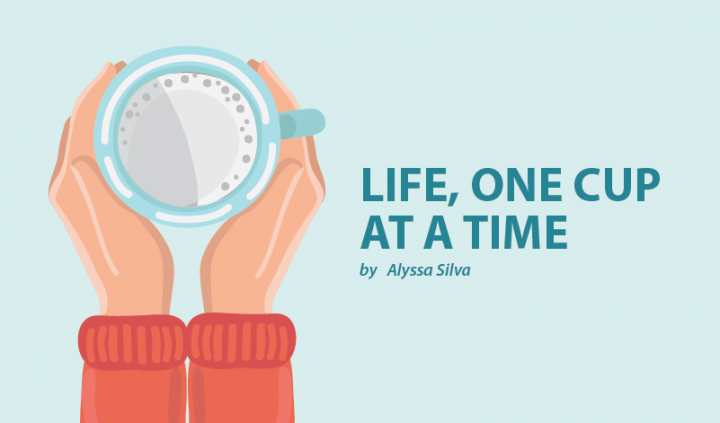It’s Time for More Understanding
Written by |

I think I can speak for the majority of the disability community when I say that we all crave a little more empathy and understanding from others. While I don’t expect a stranger on the street to fall in love with me at first sight, I do expect him or her to treat me like they would anyone else.
This may come as groundbreaking information to some people, but guess what? It’s really easy to treat everyone as equals. Crazy, right? You can thank me later for that epiphany. (And if you didn’t catch my sarcasm there, then you really need to understand me better.)
Several years ago, my friends and I went out for some ice cream. The place was jam-packed, so when I spotted an empty picnic table, I darted over to it while my friends stayed in line. It was there that I experienced the exact opposite kind of behavior I long for from society.
Next to me, a little girl hysterically cried and incoherently screamed. I didn’t think much of it. That was, until I saw her point her finger at me and blubber, “Mommy! Ugly!”
Sure, that was no kindness, but it really didn’t bother me. Her parents’ reactions, on the other hand, absolutely shocked me. Instead of kindly explaining to the little girl why that was inappropriate to say to someone, they coddled her, quickly gathered their things, and left. I swear my jaw reached the pavement that night.
Maybe it was past that girl’s bedtime and her hysterics stemmed from overstimulation. Maybe her parents were utterly embarrassed by her behavior and spoke with her privately. Or maybe I’m just trying to find excuses for these strangers because I tend to seek the good in everyone. Whatever the reason, their reaction hurt. The incidence exemplified the need for more understanding.
While this particular instance may be a bit extreme, dealing with misconceptions about the disability community is an overarching theme for many, if not all, of us. And, unfortunately, it’s not only children who are responsible for this behavior.
Just recently, I had an older gentleman walk up to me and abrasively ask, “So, what’s wrong with you?”
He was under the influence, though that didn’t make his question excusable. But instead of responding in the same abrasive manner, I answered with respect and reassurance that there was nothing wrong with me. Eventually, his tone changed and he politely asked why I was in a wheelchair. I was happy to answer.
While I don’t believe we will ever live in a perfect world without judgment, I do believe in the importance of raising awareness about this subject to perhaps spark some change in the way people view others with disabilities.
In the meantime, though, I want to leave you with a reminder: If you have ever been made out to be a nobody because of someone’s lack of understanding or empathy, remember that you are not defined by societal standards. You are not just another stereotype.
Most importantly, you are not, and will never be, a product of someone else’s misconstrued thoughts.
***
Note: SMA News Today is strictly a news and information website about the disease. It does not provide medical advice, diagnosis, or treatment. This content is not intended to be a substitute for professional medical advice, diagnosis, or treatment. Always seek the advice of your physician or other qualified health provider with any questions you may have regarding a medical condition. Never disregard professional medical advice or delay in seeking it because of something you have read on this website. The opinions expressed in this column are not those of SMA News Today, or its parent company, Bionews Services, and are intended to spark discussion about issues pertaining to spinal muscular atrophy.





Leave a comment
Fill in the required fields to post. Your email address will not be published.